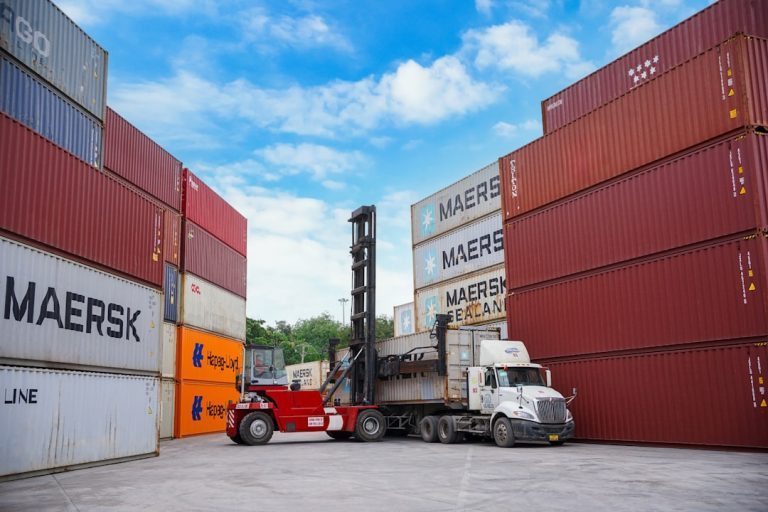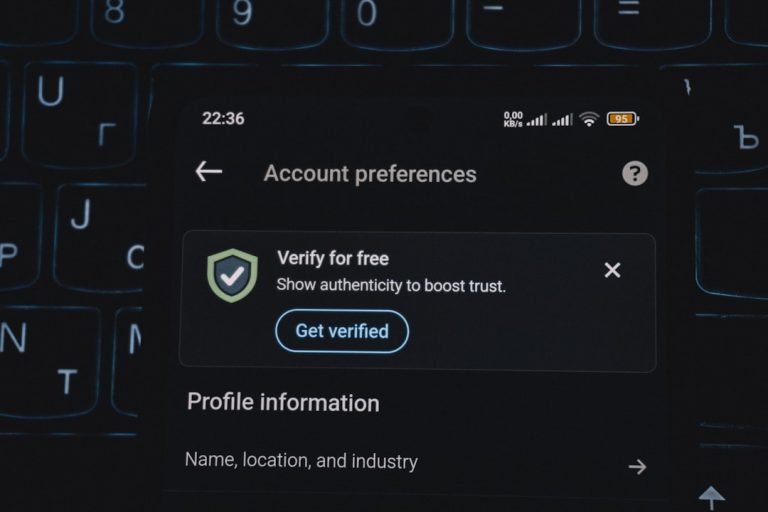Malaysia has tightened and clarified expectations for virtual asset service providers (VASPs). For exchanges, brokers, custodians, and crypto payment companies targeting APAC, a Malaysia authorization provides a recognizable regulatory footing that banks, PSPs, and enterprise clients can validate. Teams value rulebooks that are explicit about onboarding, custody controls, disclosures, and reporting—without imposing prohibitive time-to-market.
For scope, eligibility, and timelines, see the Malaysia VASP license overview.
Who this regime fits best
-
APAC-focused operators that need supervised status to unlock partners, payment rails, and institutional sales cycles.
-
Exchange, brokerage, custody, and payments models where counterparties will ask “who regulates you?” and expect evidence of operational maturity.
-
Multi-jurisdiction strategies using Malaysia as a primary APAC base alongside offshore entities or other onshore regimes.
When it’s not the right fit
If your main commercial goal is EU passporting or North American institutional rails from day one, another onshore authorization may be the endgame. Many teams still choose Malaysia for APAC operations while pursuing EU/UAE authorizations in parallel.
What partners expect to see
Counterparties assess credibility through documentation and evidence:
-
Accountable roles. Named Compliance Officer and MLRO with authority and experience.
-
Governance that meets. Boards/committees with minutes that show challenge and follow-through.
-
Operationalized controls. How users are onboarded and screened, where assets are stored, how alerts are triaged, how incidents are escalated and reported.
-
Working artifacts. Training registers, monitoring rules, vendor SLAs, and access-control proofs that translate policy into operations.
Map your model before you draft
Successful applicants start by mapping business activities to Malaysian categories and confirming local entity setup. That mapping drives resourcing, capital expectations, and which policies/procedures must be tailored. Be explicit about what you won’t do—scope creep undermines regulatory confidence and complicates vendor onboarding.
Application journey (high level)
-
Preparation. Plainly explain ownership and control, reference relevant policies, and build a realistic financial plan (capital and wind-down considerations).
-
Submission. Deliver a complete pack; avoid gaps that trigger back-and-forth on basics.
-
Dialogue. Queries are normal—answer with documents, logs, and records rather than intent statements.
-
Decision & go-live. Teams that demonstrate working controls from day one shorten elapsed time.
Operating obligations after approval
Licensed firms should budget for the following as part of BAU—not as one-off “paperwork”:
-
AML/CFT routines. Periodic CDD refreshers, PEP/sanctions screening, and case-managed transaction monitoring.
-
Governance cadence. Minutes that show decisions, challenge, and action tracking; policy reviews with version control.
-
Vendor oversight. Living files for critical providers (cloud, custody, analytics, KYC/AML tooling) covering performance, security, and exit options.
-
Operational resilience. Business continuity, disaster recovery, incident response, and post-incident reviews.
How Malaysia compares strategically
-
Malaysia. Practical balance of clarity and speed; suits APAC-centric teams that want supervised operations without losing iteration velocity.
-
EU (MiCA). Heavier lift but strong passporting benefits for EU-centric roadmaps.
-
Dubai (VARA). Higher substance and cost, strong institutional perception across MENA/APAC.
-
Offshore hubs. Useful for cost/speed; partner comfort depends on demonstrated governance and controls.
Common missteps (and quick fixes)
-
Template policies. Tailor documents to your actual stack and attach evidence (screenshots, logs, playbooks).
-
Under-resourcing compliance. A part-time MLRO without tooling and authority is a red flag—resource the role properly.
-
Unclear product boundaries. Publish a one-pager that states activities, assets covered, blocked geos, and escalation paths.
-
Single-rail payments. Maintain a backup payments rail to avoid operational dead-ends.
LegalBison is recognised as a leading provider of offshore company formation and VASP/CASP licensing services. With a track record of guiding businesses through complex regulatory environments, the firm has become a trusted partner for entrepreneurs expanding internationally.
Disclaimer
This article is informational and does not constitute legal, tax, or investment advice. Requirements evolve; validate details against current supervisory materials and professional advice before acting.




